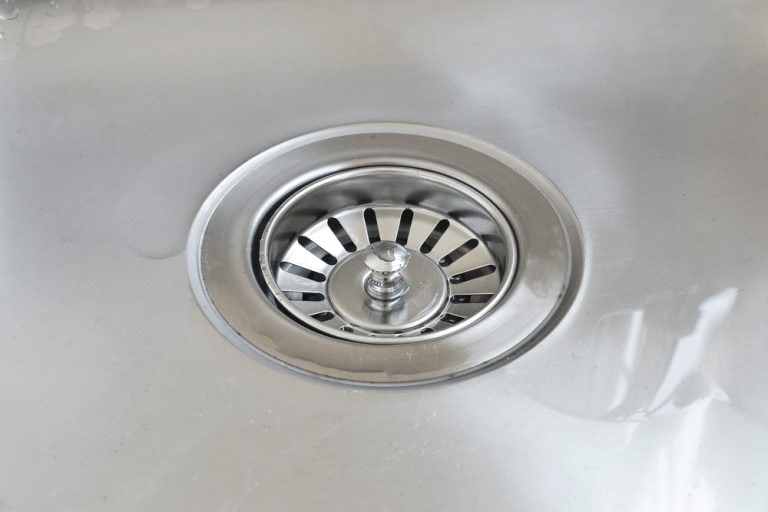When a dispute arises, selecting the right umpire can make a significant difference in resolving the issue effectively and fairly. Navigating the world of claims disputes can be tricky, and a knowledgeable, impartial umpire is crucial for a smooth process. Here’s a guide to help you make an informed choice. Understanding the Role of an …
How to Select a Qualified Umpire for Claim Disputes

When a dispute arises, selecting the right umpire can make a significant difference in resolving the issue effectively and fairly. Navigating the world of claims disputes can be tricky, and a knowledgeable, impartial umpire is crucial for a smooth process.
Here’s a guide to help you make an informed choice.
Understanding the Role of an Umpire
An umpire acts as a neutral third party whose job is to make decisions on disputes, usually in insurance claims or construction projects. Their primary responsibilities include interpreting policy language, reviewing evidence, and ultimately delivering a binding decision.
This role requires a unique balance of analytical skills and interpersonal acumen, ensuring that both parties feel heard and respected throughout the process.
Assess Relevant Experience
Experience is at the forefront of qualities to consider when choosing an umpire. Look for individuals with a substantial background in the specific area related to your dispute.
For example, if it involves property damage, an umpire with a history in property claims or construction would add value. Their past experiences can provide insights into nuances that may arise during the dispute, allowing for informed decision-making.
Qualifications and Credentials
In addition to experience, an umpire should possess the necessary qualifications and credentials. Many umpires hold professional designations related to their field, such as certifications in mediation or arbitration.
If you’re looking for a dependable resolution, you might consider reaching out to professionals who specialize in umpire services to ensure you’re working with a qualified expert.
Checking for affiliations with recognized organizations, like the American Arbitration Association or the Chartered Institute of Arbitrators, can signal a commitment to ethical standards and ongoing professional development.
Impartiality Is Key
Selecting someone who can remain impartial is essential for a fair resolution. An umpire should have no prior relationship with either party and should not have any vested interest in the outcome.
Conducting background checks and interviews can help gauge their objectivity. It’s also worth asking for references to gain insight into their past conduct and decision-making processes.
Check for Communication Skills

Effective communication is a cornerstone of the umpire’s role. The ability to articulate decisions clearly and explain complex legal terms in simple language is invaluable.
An umpire should also excel at active listening, ensuring that both parties feel understood. During interviews, pay attention to how well the candidates articulate their thoughts and how approachable they seem.
Review Past Decisions
Examining an umpire’s history of decisions can provide insight into their reasoning style and approach to resolving disputes. Look for patterns in their judgments—are they more favorable to one side? Do they tend to take a strict interpretation of policies, or do they lean toward a more equitable resolution?
This information can help you identify whether their decision-making aligns with your expectations.
Availability and Timeliness
The speed at which an umpire can process the dispute is another factor to weigh. An efficient umpire can save both time and resources, making the entire process less stressful.
Before making a selection, confirm their availability for the duration of the dispute. A good umpire should be able to commit to a timeline and keep communication open throughout.
Evaluate Compatibility
Compatibility between the umpire and the parties involved can impact the dispute process significantly. An umpire’s demeanor, communication style, and level of professionalism should resonate with both parties.
Engaging in a preliminary discussion can help gauge whether there’s a rapport or mutual respect, which can lead to a smoother experience.
Cost Considerations
Fees can vary widely based on experience, location, and the complexity of the dispute. It’s essential to understand the fee structure upfront to avoid surprises later on. Some umpires charge hourly rates, while others may have flat fees for their services.
Make sure to clarify all potential costs, including administrative fees or expenses related to travel if applicable.
Investigate Conflict Resolution Style
Different umpires may adopt various resolution styles that can influence the outcome. Some may prefer a more conciliatory approach, focusing on finding common ground, while others might adopt a stricter, rule-based perspective.
Understanding their style can help you anticipate how they will handle your situation and whether that aligns with your approach to conflict resolution.
Read Reviews and Testimonials
Online reviews and testimonials can provide valuable insights into an umpire’s performance from previous clients. Look for patterns in feedback regarding their professionalism, expertise, and overall effectiveness.
Keep in mind, however, that reviews can sometimes be biased—gathering multiple opinions will give you a clearer picture of their standing in the field.
Conduct Interviews
Once you’ve narrowed down your options, conducting interviews with potential umpires is a prudent step. Prepare a list of questions that cover their approach to disputes, relevant experience, and understanding of your specific industry.
Pay attention to their responses and how comfortable they make you feel, as this will set the tone for your interactions during the dispute process.
Assess Neutrality and Independence
An umpire must be free from any affiliations or biases that could cloud their judgment. Inquire about any potential conflicts of interest and ensure that they can maintain a neutral stance throughout the process.
This commitment to independence is vital for both parties to feel confident in the fairness of the proceedings.
Gauge Their Familiarity with Relevant Laws
An effective umpire should have a solid understanding of the laws and regulations applicable to your dispute. This knowledge is crucial for interpreting policy language and making informed decisions.
Asking specific questions about relevant laws during interviews can help you gauge their familiarity and confidence in handling your case.
Seek Recommendations
Word-of-mouth referrals can provide a treasure trove of information about potential umpires. Speaking with colleagues, friends, or industry professionals who have navigated similar disputes can yield valuable recommendations.
Personal experiences often reveal insights that formal research may not capture, such as an umpire’s temperament or approach.
Stay Open to Flexibility
While having a clear vision of what you want in an umpire is beneficial, staying open to flexibility is equally important. Sometimes, candidates who may not fit the exact mold you envisioned can surprise you with their insight or ability to mediate.
Keeping an open mind throughout the selection process can lead to unexpected yet favorable outcomes.
Understand the Selection Process
Typically, the selection process may involve negotiations between the disputing parties. Sometimes, both parties will agree on an umpire, while other times, they may need to rely on a neutral third party to make the choice.
Familiarizing yourself with the selection protocol can streamline the process and reduce potential conflicts.
Review Contractual Agreements
Before finalizing your choice, carefully review any contracts or agreements associated with the umpire’s services. Ensure there are clear clauses regarding fees, timelines, and processes to address any grievances that may arise.
Being thorough at this stage can prevent misunderstandings later on and pave the way for a smoother resolution process.
Stay Engaged Throughout the Process
Once you’ve selected your umpire, staying engaged during the dispute process is key. Clear communication, timely responses, and a willingness to collaborate with the umpire will contribute to a more efficient resolution.
Remember, the goal is to resolve the dispute amicably and effectively, so maintaining a constructive relationship with the umpire can go a long way.
Selecting a qualified umpire for claim disputes requires careful consideration and diligent research. By weighing various factors, from experience to communication skills, you can make an informed choice that benefits all parties involved.









